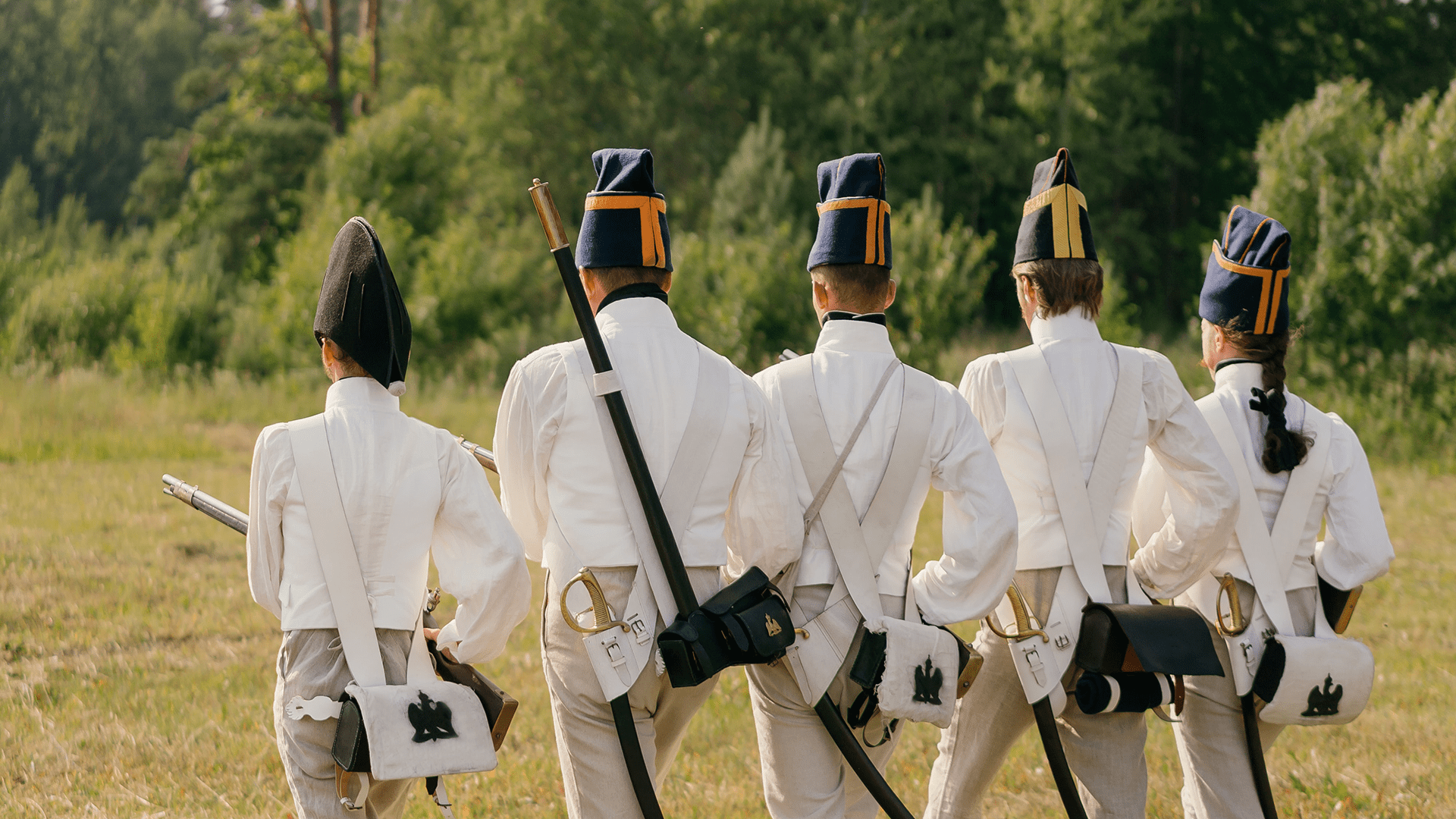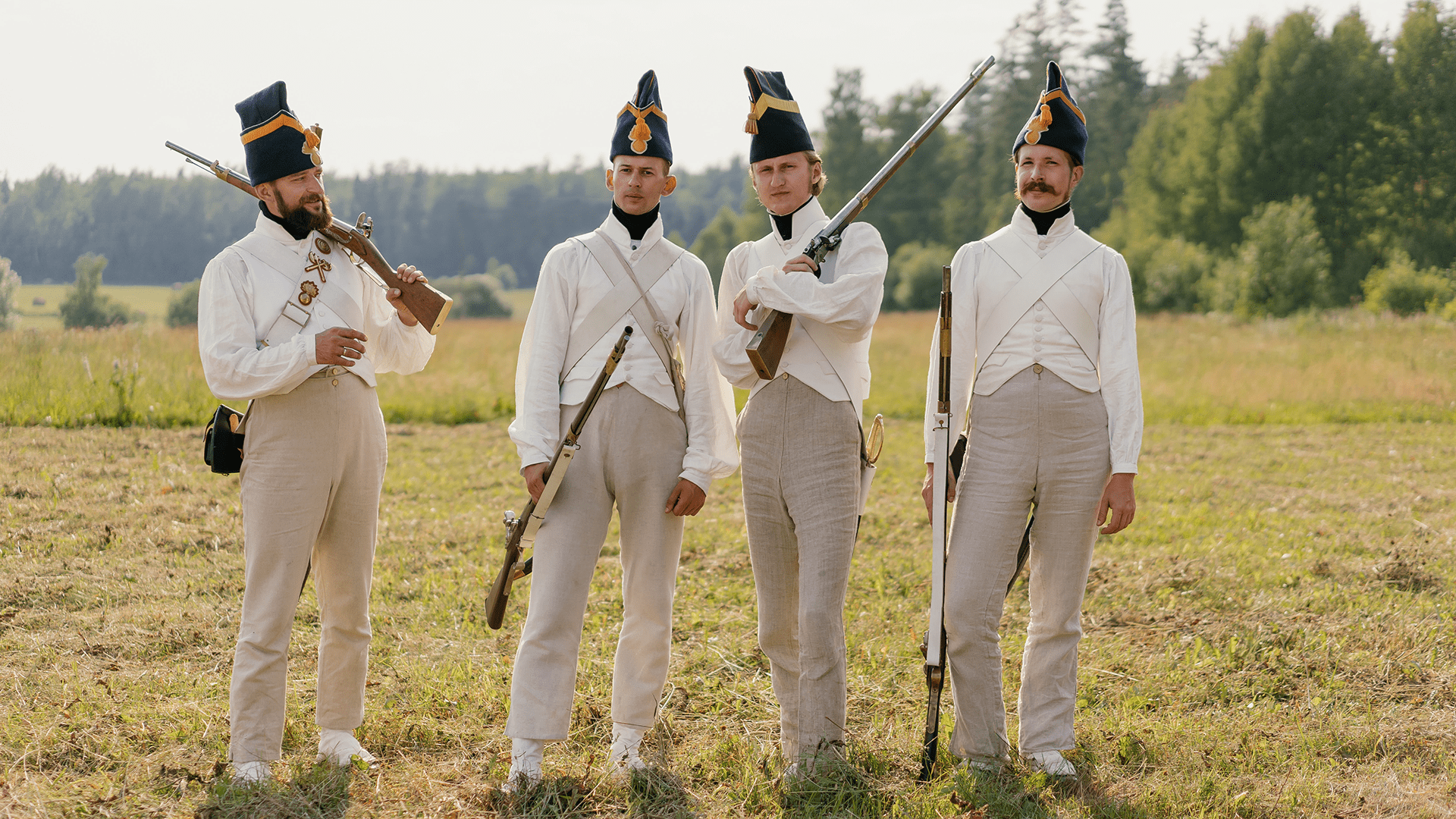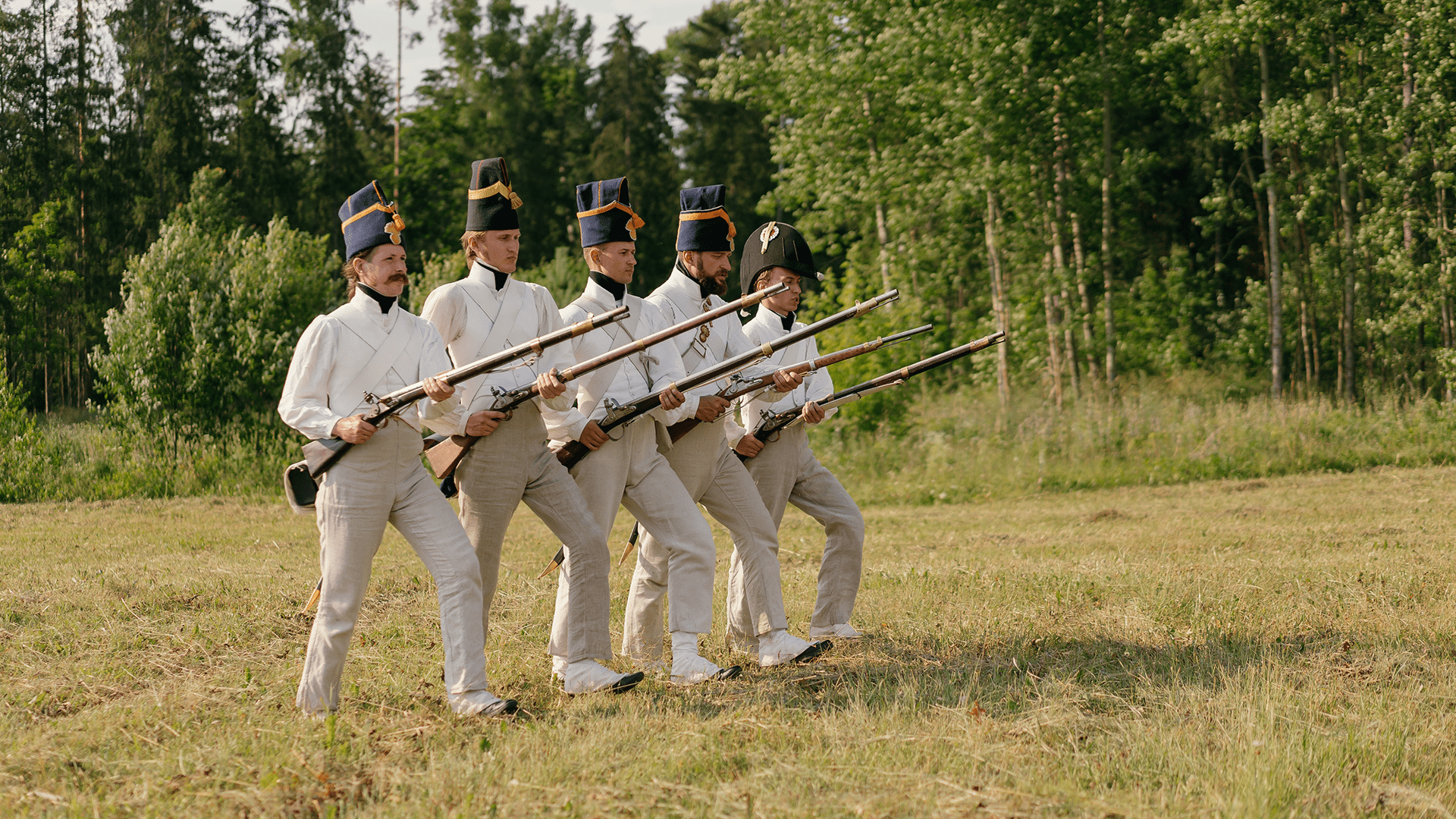When it comes to hunting, choosing the right gunpowder is just as important as selecting the right firearm and ammunition. The type of powder you use affects accuracy, velocity, recoil, and even the reliability of your shots in different weather conditions. Whether you’re a beginner or an experienced shooter looking to refine your understanding of powders, this guide will break down the essential factors to consider when selecting gunpowder for hunting firearms.
Understanding the Role of Gunpowder in Hunting Firearms
Gunpowder is the fuel that propels a bullet down the barrel. When ignited by the primer, it burns rapidly, generating high-pressure gas that forces the bullet out of the chamber. The type of powder you use can significantly impact performance, including:
- Burn Rate – How quickly the powder combusts affects velocity and recoil.
- Pressure Curve – Different powders create varying pressure levels, influencing accuracy and consistency.
- Temperature Sensitivity – Some powders perform better in cold or humid conditions, ensuring reliability in different environments.
For hunters, choosing the correct powder means optimizing bullet performance for specific game, firearm type, and hunting conditions.
Types of Gunpowder: What Works Best for Hunting?
Gunpowder comes in three primary types, each with distinct characteristics that affect performance.
Smokeless Powder (Modern Hunting Standard)
Smokeless powder is the most commonly used type for hunting rifles and shotguns. It burns cleanly, produces minimal smoke, and offers consistent performance. Within this category, there are two main subtypes:
- Single-Base Powder – Made primarily from nitrocellulose, these powders are common for standard hunting loads and offer predictable performance.
- Double-Base Powder – Contains nitrocellulose and nitroglycerin, which enhances energy output, making it ideal for high-velocity rifle cartridges.
For hunters using bolt-action or semi-automatic rifles, selecting a smokeless powder with a suitable burn rate ensures optimal bullet velocity and trajectory.
Black Powder (For Traditional and Muzzleloader Hunting)
Black powder is the historical predecessor to modern smokeless powder and is still used in muzzleloaders and certain vintage firearms. It produces more smoke and residue but remains popular among traditionalists and those hunting in states that regulate modern firearm use.
Practical Tip: If you’re using a muzzleloader, ensure that your chosen black powder or black powder substitute is compatible with your firearm to maintain safety and efficiency.
Black Powder Substitutes
For hunters who enjoy muzzleloading but prefer a cleaner-burning option, black powder substitutes like Pyrodex or Triple Seven provide improved performance with less fouling and more consistent ignition. These powders work well in muzzleloaders and some cowboy-action firearms.
Matching Gunpowder to Your Hunting Needs
Choosing the Right Powder for Rifles
For centerfire hunting rifles, selecting the appropriate powder depends on the caliber and game you’re pursuing.
- Slow-Burning Powders – Ideal for magnum cartridges, these powders maximize velocity for long-range hunting. Examples include H4831 and Retumbo, commonly used in .300 Win Mag or .270 Winchester loads.
- Medium-Burning Powders – Suitable for versatile calibers like .308 Winchester or .30-06 Springfield, providing a balance between velocity and manageable recoil. Powders like Varget and IMR 4350 are excellent choices.
- Fast-Burning Powders – Best for short-barrel rifles or low-recoil loads, ensuring consistent ignition in calibers like .223 Remington or .30-30 Winchester.
Selecting Powder for Shotguns
Shotgun hunters primarily use gunpowder in the form of shotshell powders, which must match the intended game and gauge.
- Target Loads (Doves, Small Game) – Faster-burning powders like Red Dot provide lighter recoil and consistent shot patterns.
- Heavy Game Loads (Turkey, Waterfowl, Deer) – Slower-burning powders such as Blue Dot or Longshot deliver the energy needed for heavier shot charges.
Hunting in Different Conditions: Temperature Sensitivity Matters
Temperature sensitivity plays a critical role in powder performance. Some powders burn inconsistently in extreme cold or heat, which can affect shot accuracy.
- Cold-Weather Hunting – Choose powders that resist temperature swings, such as Hodgdon Extreme Series (H4350, H1000), which are formulated to perform reliably in winter conditions.
- Hot-Weather Hunting – Avoid double-base powders with excessive nitroglycerin, as they can produce erratic pressures in extreme heat. Stick with stable single-base powders.
Practical Tips for Safe and Effective Powder Use
Store Gunpowder Properly
Improper storage can degrade powder quality, affecting burn rates and reliability. Keep powder:
- In a cool, dry place, away from heat sources.
- In original containers to prevent contamination.
- Away from open flames or static electricity sources.
Measure Powder Accurately
Using a reliable scale or powder dispenser ensures consistent loads, which improves accuracy and safety. Small deviations in powder weight can drastically affect ballistics.
Follow Load Data Recommendations
Each powder has specific reloading data that dictates safe charge weights for different calibers. Never exceed published maximum loads, as overcharging can cause excessive pressure and dangerous malfunctions.
Test Different Powders for Your Firearm
No single powder works best for every rifle or shotgun. The best approach is to test different powders under field conditions to see how they perform with your firearm and ammunition combination. Keep a range log to track performance and fine-tune your loads.
Conclusion
Selecting the right gunpowder for hunting firearms is a crucial step in ensuring accuracy, reliability, and effectiveness in the field. Whether you’re shooting a modern rifle, a traditional muzzleloader, or a shotgun, choosing the right powder can make a significant difference in your hunting experience.
By understanding burn rates, selecting powders suited to your firearm and game, and accounting for environmental conditions, you can maximize your hunting performance while maintaining safety and efficiency.
For beginners, starting with proven powders and following established load data will help build confidence and ensure consistent results. As you gain experience, experimenting with different powders tailored to your specific hunting needs can further refine your shooting accuracy and overall success.
With the right knowledge and careful selection, you’ll be well-equipped to make the best choice for your next hunting adventure.




